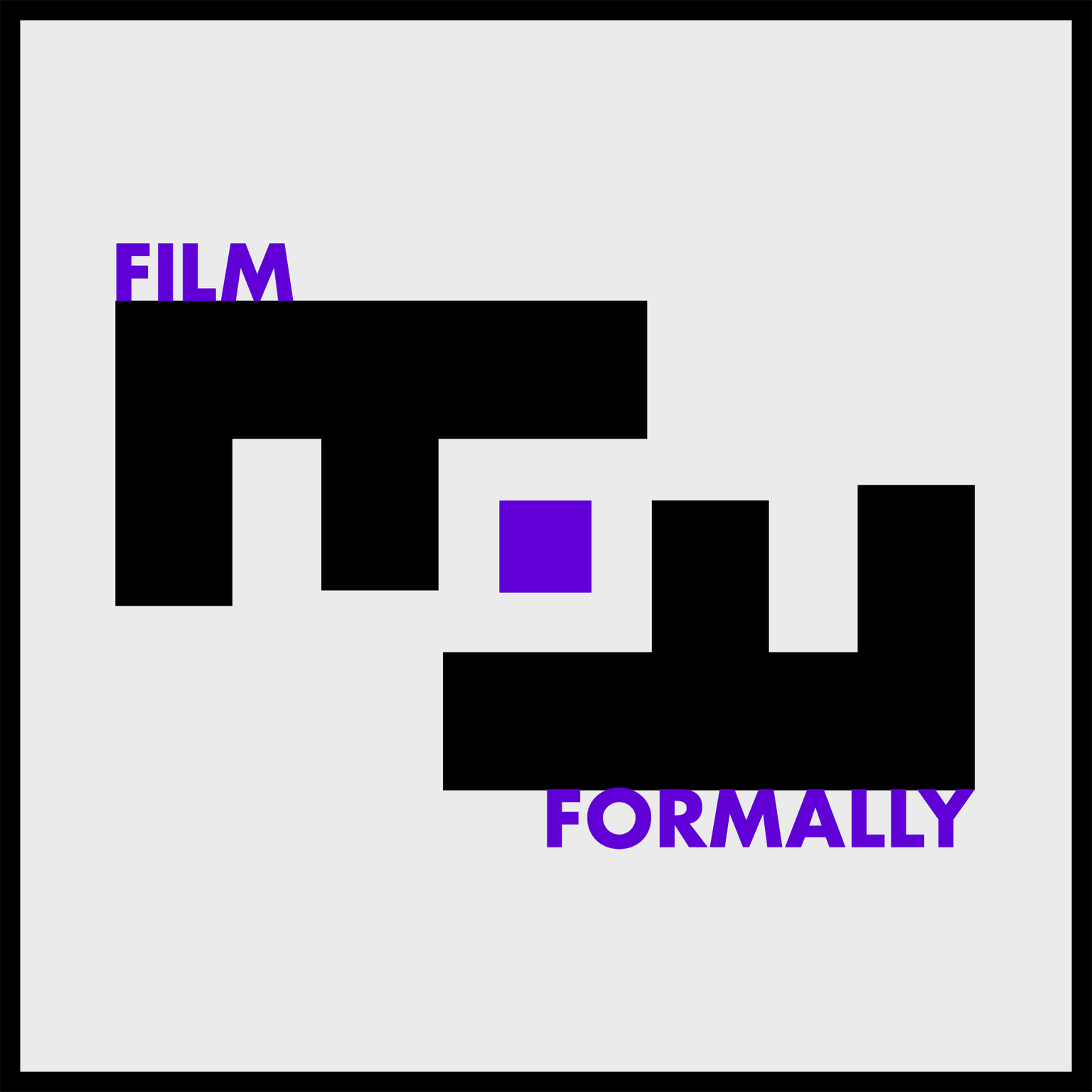I find most film podcasts range from mildly irritating to offensively grating. The idea of listening to two or three often uninformed friends gabbing about movies they like with little structure and even less insight is not particularly exciting to me. Of course, some exceptions exist. The film podcasts I do gravitate towards are ones that teach me about film history (my all-time favourite is You Must Remember This), feature interviews with filmmakers, or help me keep up with new films otherwise overshadowed by large blockbusters. I was hesitant when listening to Film Formally, as the episodes are framed around two friends (both of whom are seasoned Vancouver-based filmmakers) having wide-ranging conversations on a number of cinematic topics. Thankfully, hosts Devon Scott and Will Ross are insightful and engaging, and the series offers a number of well-structured, informative, and often in-depth conversations without ever feeling too “chummy” or overly opaque.
Each episode of Film Formally is around an hour long, and the two hosts are often joined by filmmaking colleagues, friends, and mentors whose work relates to the episode’s theme. Recent episodes include a refreshing conversation on “outsider art” and a two-part episode on the pervasive expectation of “truth and realism” in narrative and documentary cinema (the episode “Narrative Verité with Whit Stillman” is outstanding as the trio problematize mainstream cinema’s over-reliance on realism). Other episodes examine blocking (actor placement and movement) in Sidney Lumet’s Before the Devil Knows You’re Dead (2007) and the use of colour in the films of Wong Kar-Wai.
The hosts’ own experience as filmmakers (far more hands-on than my academic background in film studies) gives them expertise, but also allows them to hold their own against their often very-accomplished guests. A memorable exchange is when Devon pushed back against Stillman’s criticism of shooting with natural lighting, for example. I generally prefer the episodes with guests, not because the hosts on their own are lacking in any way, but because hearing them share stories and bounce ideas off other filmmakers is Film Formally at its best.
While Will and Devon’s conversations never felt too casual, there were a few times in the Wong Kar-Wai episode where they did seem to get distracted from the episode’s focus on colour and I found myself beginning to get distracted. That episode was the first I listened to, and thankfully that sort of “drifting” seems like a rare occurrence. I also find that the show is at its weakest when covering current or evolving stories — such is the case in their “EMERGENCY PODCAST: Justice League & The Snyder Cut” from November 2020. As I had also researched and wrote on the evolving Snyder Cut story that same month, I found the episode lacking in some areas — such as the decision to avoid discussing what sort of precedent the passionate and often toxic fan campaign may or may not set for fan/studio relations in the future. The episode is not without its merits, as a number of good points are made throughout, and I am the first to acknowledge these criticisms reflect my own tastes, interests, and opinions, rather than the podcast itself.
Film Formally fills a useful niche in the film podcasting world, moving beyond surface-level reviews and rankings to allow for in-depth, yet wide-ranging discussions of cinematic trends, theories, and movements. The hosts’ intelligence and chemistry make listening to Film Formally a fantastic educational experience, without ever feeling lofty or condescending. Even when I do disagree with their points, I rarely think their claims are unfounded or naïve. Perhaps some episodes will be too niche for some listeners, however I think their ability to take all sorts of films and all types of filmmaking seriously gives the show a broad reach that will appeal to film buffs, scholars, filmmakers, and more casual fans alike. —Alec Christensen


